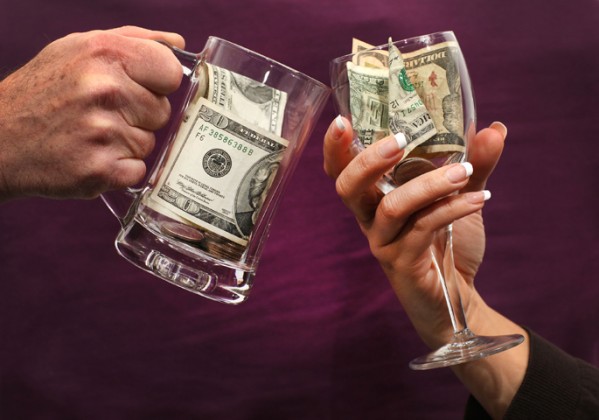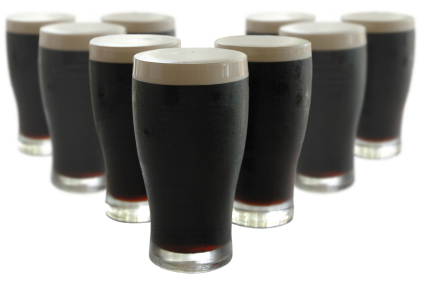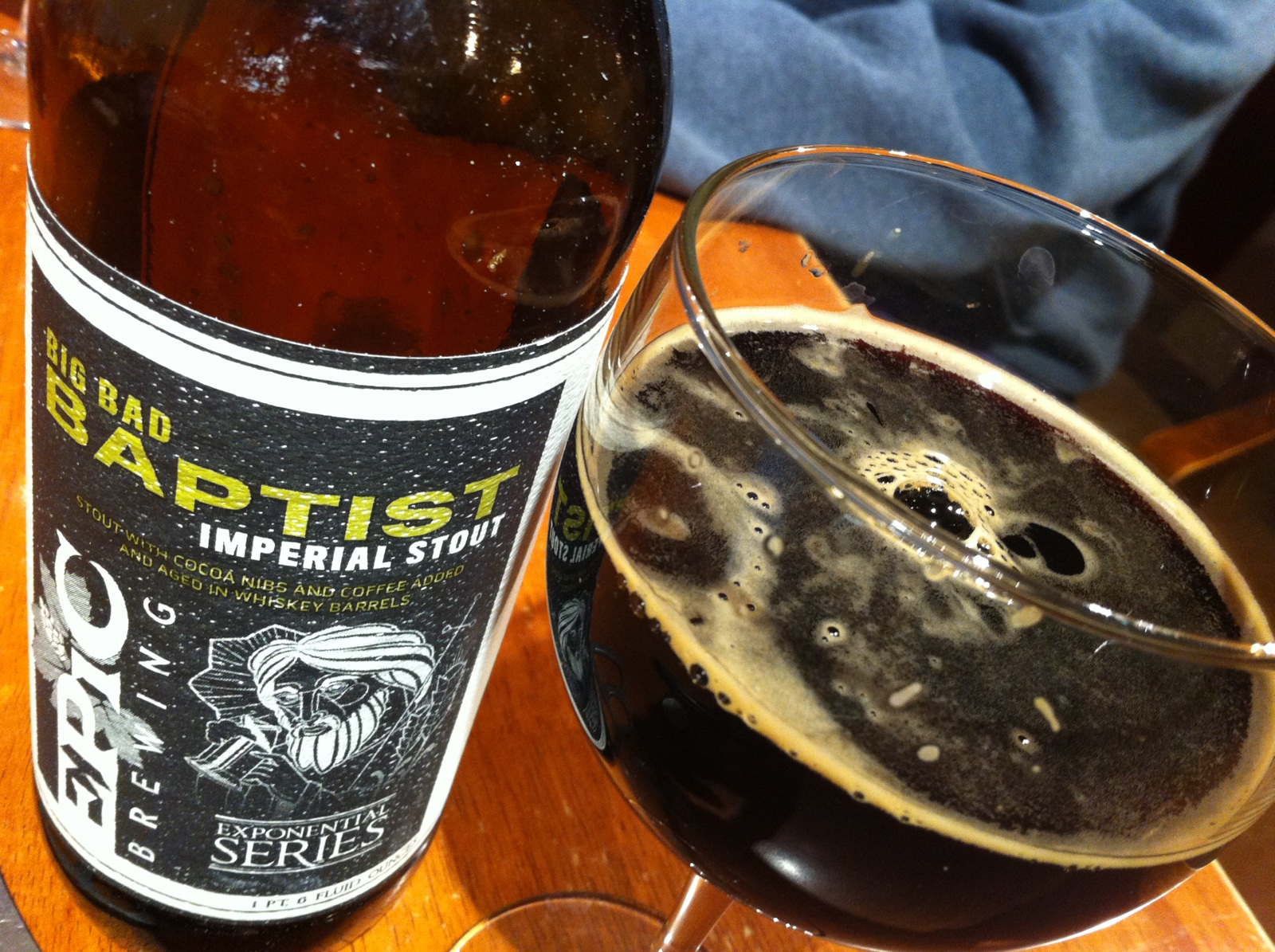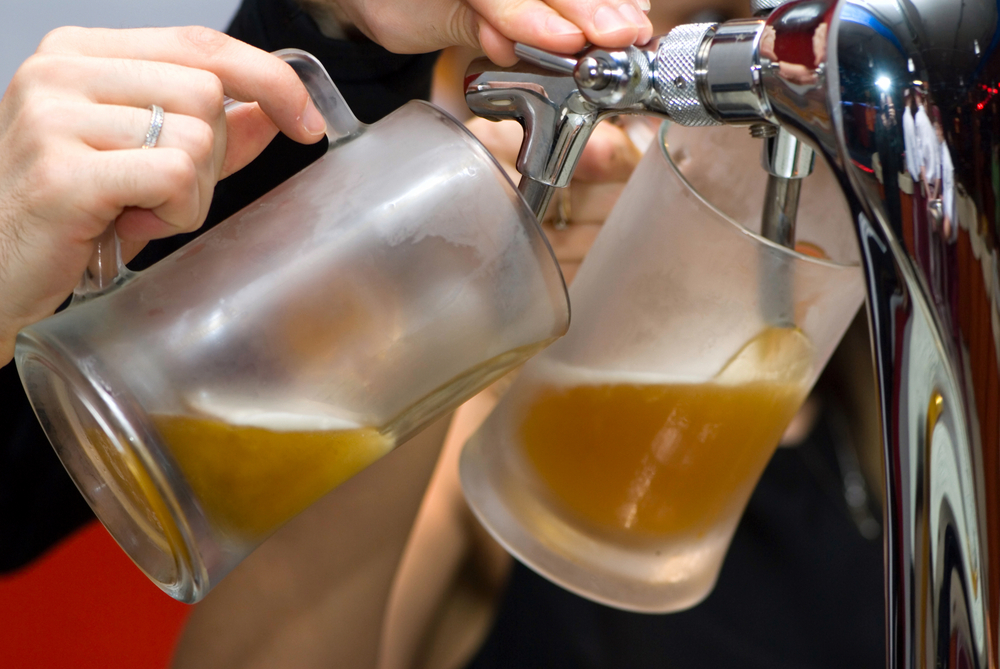The Politics of Drinking

- Bourbon is required to contain at least 50% corn and must be aged in a new, charred, American oak barrel.
- In 1516, Bavaria passed a law called the Reinheitsgebot allowing only 3 ingredients in the production of beer.
- One of my favorites: to this day, the Vatican has given its blessing to consume as much bock or doublebock beer as you wish.
There are basically three major influences on the development of beverages in history: the local raw materials used in production; natural barriers between regions that isolate people and plant species; and the never ending influence of those in power to tweak the end result to something in their favor financially or socially.
I wanted to look at some of the quirks of beverage politics that have influenced the drinks you consume becoming what they are.
Beer Facts
Beer has a very interesting political history. If you look at the bits of antiquity uncovered by archeologists over the years, you find that beer is commonly used as a commodity in social contracts. The previously mentioned Reinheitsgebot was passed mainly as a price control for wheat and rye, insuring a consistent bread supply; and was used as a trade protection measure against Belgian and English beers being imported.
The Vatican sanction of bock and doublebock beers comes as a result of geographic politics. The Vatican is in wine dominant Italy. Bock and doublebock beers are the home of cold climate Germany during the winter and spring. As German monks would fast during holiday periods in religious observance, most of their nutritional needs were met by these higher alcohol beers. Of course, strong beers on an empty stomach lead to drunken merriment, which is not overly somber in tone. Worried, the head abbots sent their beers to the Vatican for suggestions. The wine drinking Italians detested the strong beers so much they sent them back with official sanction to consume as much as you wish, along with a blessing for your piety in voluntarily inflicting them upon yourselves. Now, centuries of German beer tradition have come to dominate beer styles around the world.
Spirit Facts
Spirits have played a major role in world politics. The slave trade of the Americas was based predominately on two commercial cash crops: cotton in the current American South, and sugar cane in the Caribbean and Central Americas that produced rum. The restriction of rum during the Revolution lead to the development of whisky being America’s liquor of preference. Early American whiskies were mostly rye based and produced around Pennsylvania. After the Whisky Rebellion, the distillers moved south to Kentucky and switched to more corn based products in the warmer climate.
Another major industry of the Midwest is logging, dominated by American oak species. Put the two together and the body politic began mandating levels of corn and use of American oak barrels in Bourbon production.
Gin became popular after the English government allowed unlicensed local gin production, heavily taxing importation of alcohol in the early 1700s.
Wine Facts
Wine is no less political. The advent of Port Wine was brought about by the War of Spanish Succession and the Methuen Treaty between the English and Portuguese. Many Port houses are still English in tradition.
The politics of wine are as hotly contested today as ever. Most regional names such as Burgundy, Chianti, and Champagne are guarded diligently from use by the EU and the beverage business interests from those regions.
Many wineries, and Central Valley agriculture in general, are dependent on irrigation water in California. Water politics with the influence of environmental groups is a major issue in the California economy today and could alter the entire California wine industry in the near future.
Dry Taxes
One can’t talk alcohol politics in America without mentioning Prohibition. Serious efforts of the temperance movement started in the 1840s. It finally gained enough traction with U.S. involvement in WWI as groups argued the grain sources were better spent for food, and the vocal, mostly German immigrant opposition was discredited. Of course, alcohol was the major source of government funding at the turn of the century 1900, so before Prohibition could be passed, the income tax had to be imposed first.
So, each April 15th when you pay the tax man, have a drink in protest, as the ‘dry’ movement is as much to blame as anyone for your labors being taxed.




